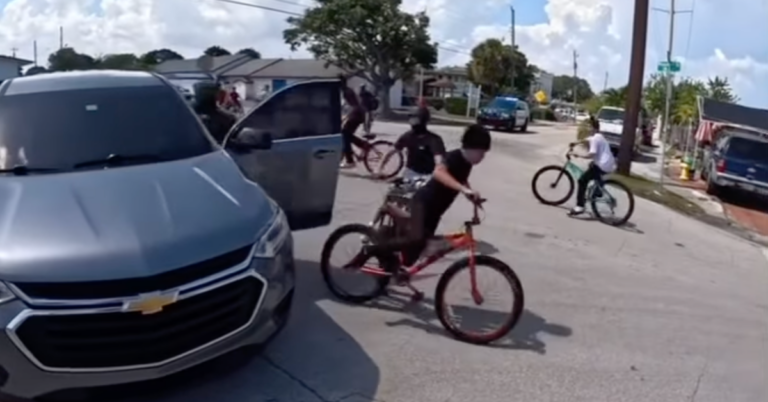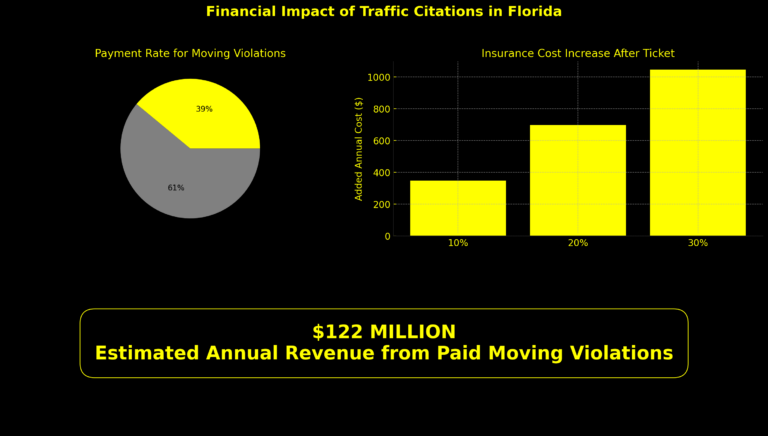In today’s busy world, with so many driving distractions, car accidents are becoming increasingly frequent. Your initial response at the time of the accident can make all the difference in the outcome. Here are some dos and don’ts if you are involved in a car accident.
1. Be prepared and organized before an accident happens. Too often when a police officer asks for “registration and insurance”, the driver cannot locate these important documents. It is a good idea to have an envelope with a copy of the registration and proof of insurance in the glove box. Failure to show proof of insurance or registration may result in a ticket.
2. If you are in an accident, calling the police is the best way to ensure that the scene is preserved and that any injured people are promptly treated. If injured, make sure to fully explain your injuries to the officer at the accident scene. This may protect any recovery that you might have relating to the injury. If necessary, accept medical treatment and go to the hospital for proper care.
3. Be prepared to provide information (proof of insurance and a copy of your drivers license) to the responding police officer.
4. Do not admit liability to the other driver. In Florida, statements made to the investigating police officer are “protected” and cannot be used against the driver in court. Explaining how the accident occurred to the police officer will not negatively effect the driver in court. This protection applies so long as the driver does not leave the scene of the accident.
5. If you are in a busy intersection, it is a good idea to secure the scene before the officer arrives. This may prevent other vehicles from colliding with your car. Both drivers should engage their flashing lights and use cones or flares if you have them. Having a safety kit in the trunk with these tools is also a good idea.
6. Make sure that you are properly insured. A large percentage of drivers carry no insurance, in violation of the law. Obtaining uninsured motorist insurance coverage may protect you if you are in an accident with an uninsured driver. Speak with your insurance agent about this type of car insurance.
7. Preserve any evidence that you can. Using a cell phone or other camera, take photos that you think might help you later, whether in court, or when describing the accident to the police officer or your insurance company.
8. Contact your insurance agent or company. You’ve paid those insurance premiums for a long time! If you need help from your insurance company, now is the time to ask for it. They can help you with your medical bills, property damage claims, and in some instances, a rental car.
9. If you are given a ticket for the accident, consider contacting a reputable traffic ticket lawyer for help. Those that concentrate in this area are knowledgeable about the laws and about possible defenses and may be able to help you resolve the ticket with no points or costs.
10. If you have an accident with an unattended object (parked car, pole, bushes, etc.), the law requires that you report the accident. Leaving the scene without reporting it could result in your arrest for leaving the scene of an accident. It is a good idea to wait outside of your car when the police arrive, as the officer needs a “wheel witness” to identify the driver, to prosecute the case in court. Remember, your statements to the officer about the accident are protected in Florida and cannot be used to convict you in court. If you are still in the car upon the officer’s arrival, then the officer can identify you as the “driver” and proceed with the case in court.
Buckle up and drive safely!
The content of this blog is intended for informational purposes only. It is not intended to solicit business or to provide legal advice. Traffic laws differ by jurisdiction, and the information in this post may not apply to every reader. You should not take, or refrain from taking, any legal action based upon the information contained in this blog post without first seeking professional counsel. Visiting The Ticket Clinic blog does not create an attorney-client relationship between you and The Ticket Clinic.



